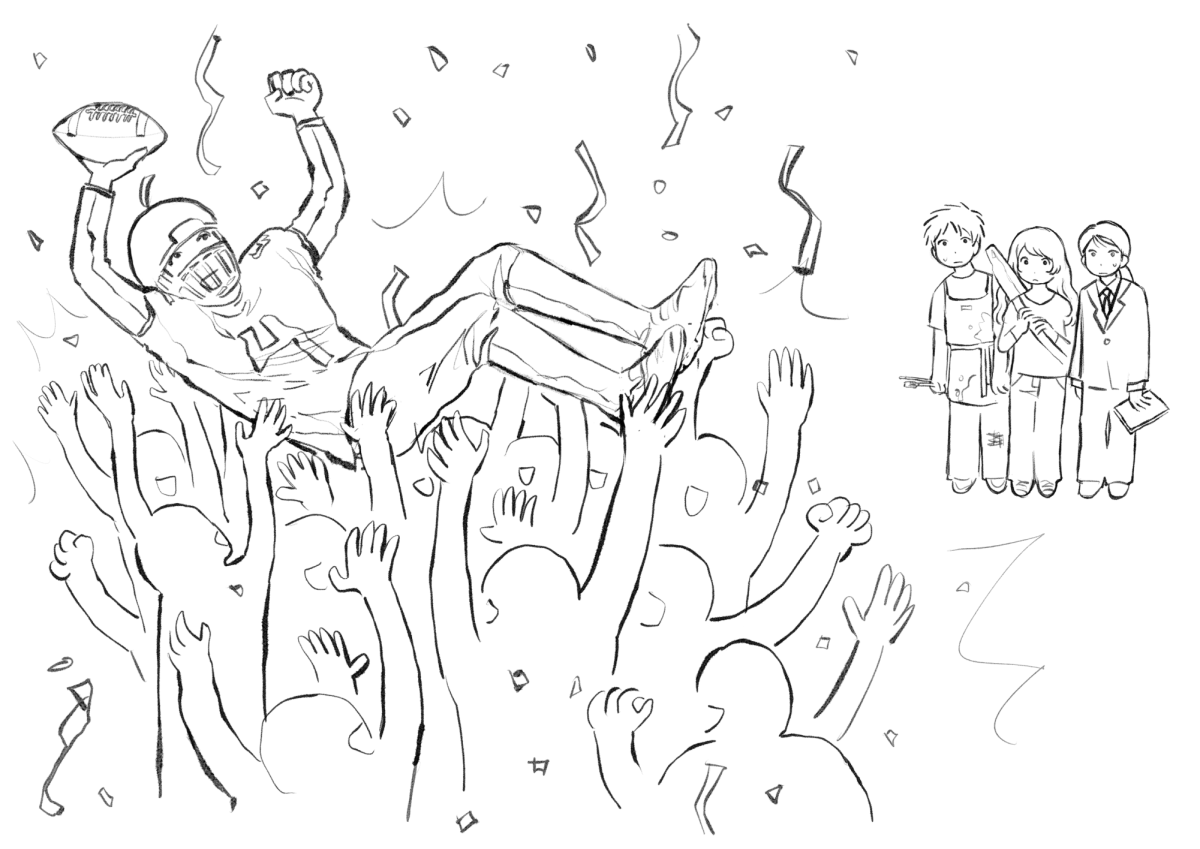Mental health days; it’s ok to have limits
October 26, 2016
Fevers, headaches, vomiting and even mild stomach cramps can get you out of school. When asked to show proof of a sickness, a thermometer that reads 100.89 degrees and a runny nose accompanied with coughs will suffice.
It isn’t very hard to show evidence of an ailment. The line between ¨healthy¨ and ¨sick¨ is well defined—at least in physical sicknesses, that is.
But, what do we do about the sicknesses that reside not in your body, but in your brain? What do we do about the symptoms that are not so easy to decipher?
Most importantly, do these so-called illnesses even count as a legitimate reason for missing a day, or two, or more of school time?
The answer is a resounding yes.
According to the National Alliance of Mental Health, one out of every five people in high school live with a mental illness of some sort. This number is extremely prevalent amongst our age group, and it does not target any specific gender or race. Simply stated, anyone and everyone has a 20 percent possibility of developing a disorder of the brain.
While I understand that we as a community are slowly raising awareness in this issue, the first and foremost step we should take is to allow students who are suffering from mental illnesses to take a hiatus from school.
High school isn’t just about academics anymore. It’s also about social interaction and trying to cope with the many physical and mental changes that we experience throughout these four years. Our school has a student body of 3,000, and not everyone gets along as well as we would hope for them to. Every school day involves contact with friends, juggling extracurriculars, and keeping up with schoolwork. This atmosphere, while friendly and encouraging, can also be daunting for students who are also dealing with emotional stress and various other issues.
Mental health is just as important as physical health, and it should not be bypassed as something that does not require any support or effort. The mind and body are not separate entities—they coexist, and when one falls, the other will as well. Not only should we educate our students regarding this fact, we should also make sure that all of our students are able to go to school when they are ready to learn, and not still struggling to overcome a full-scale battle taking place inside their heads.






